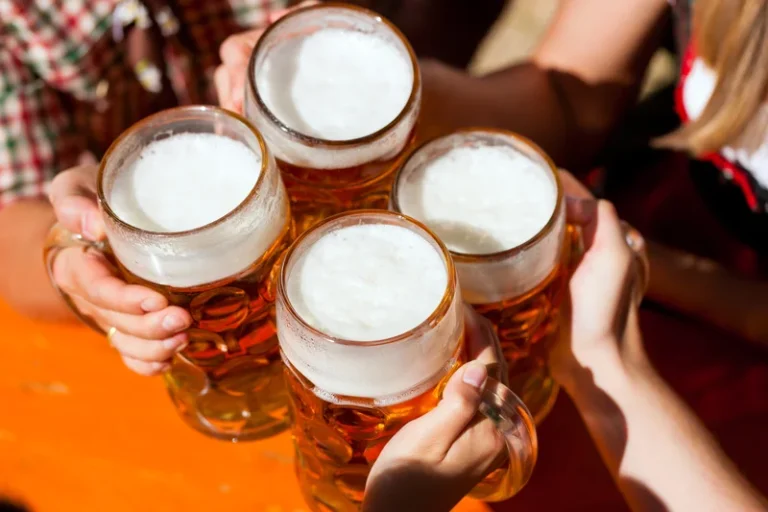
They may be more likely to comply if you make entering treatment easy, so do your research beforehand to make the options clear. Each example seems like proof to someone in denial that their habits are normal. Acknowledge their struggles but gently point out how alcohol is exacerbating their problems. If you’re not familiar with the Twelve Step recovery, you might also want to do some research into how recovery support groups, such as Alcoholics Anonymous, can help. Here are some basics about Alcoholics Anonymous meetings and Twelve Step recovery practices.
- All experts agree that when talking to your loved one, it’s best to be patient and compassionate.
- A lack of education may lead to misunderstandings about the condition, causing a person to mask or downplay their alcohol use disorder.
- Interventionists can devise and implement effective intervention techniques to encourage the individual to seek addiction treatment for their addiction.
Reviews of AAC’s Alcohol Addiction Treatment Program

SRE-5 scores for the first five times of drinking and is generated by the total drinks in that period needed across effects divided by the number of effects endorsed. SRE-T scores reflect the average across first five, heaviest drinking period, and recent 3-month drinking. Higher average drinks needed for effects indicates lower response per drink and higher future risk for alcohol problems (Daeppan et al., 2000; Ray et al., 2010; Schuckit, 2018a; Schuckit et alcoholism and denial al., 2019 a, b). As probands’ biological children reached age 18, they were personally interviewed every five-years using SSAGA-based questions. The first interview following their 18th birthday included the impulsivity and sensation seeking questionnaires, and, for those with experience with drinking, the SRE. A large majority of two generations of SDPS participants whose interviews indicated a current AUD did not characterize themselves as problem drinkers.
Patient Care Network

These concepts are complex and likely to develop in response to widely held societal beliefs as well as mechanisms reflecting an individual’s traits regarding how they handle problems and their specific beliefs and behaviors. Access to educational materials and ongoing support can be invaluable in addressing alcoholic denial and guiding individuals towards a healthier life. By utilizing empathetic and compassionate approaches, we understand the challenges you or a loved one might face and want to help you overcome them. Don’t hesitate to reach out to experts in the field, such as Sabino Recovery, to gain further insight into alcohol addiction and the recovery process. Your journey to understanding and healing starts with education and awareness.
Is denial characteristic of an alcohol addiction?
A spouse of an addict can choose to do nothing; it’s a common option but often a bad idea. By Buddy TBuddy T is a writer and founding member of the Online Al-Anon Outreach Committee with decades of experience writing about alcoholism. Because he is a member of a support group that stresses the importance of anonymity at the public level, he does not use his photograph or his real name on this website. In other words, their behavior, rather than your reaction to their behavior, becomes the focus.

Differentiating behaviour in someone with a drinking problem can be challenging. Signs of denial may include minimising or rationalising their drinking, avoiding conversations about it, or becoming defensive. Approach https://ecosoberhouse.com/ denial with empathy and understanding, offering support and encouraging them to seek professional help. At Castle Craig, we work together to help patients and family members recover from the trauma of alcoholism.
- Take time for yourself and engage in activities that bring you joy and relaxation.
- Many of the effects of drinking every day can be reversed through early intervention.
- For example, instead of saying, “You need to stop drinking! You’re ruining your life!” try saying, “I’ve noticed changes in your behavior lately, and I’m concerned about you. Is everything okay? I’m here for you.”
What to Do if Your Loved One Doesn’t Want Help
The Role of Education in Alcoholism Awareness
- You may even find that if you continue to press the issue, your loved one gets angry.
- Choosing a treatment provider for AUD together and agreeing to support the person throughout treatment could reduce their denial and encourage them to stop drinking.
- They may also withdraw from social situations and find excuses to miss events or optional commitments where drinking is not available or possible.
